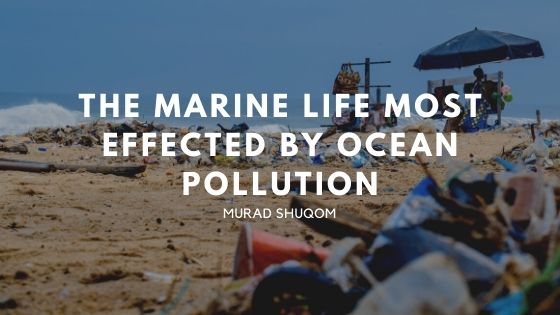Plastic products dominate the world’s market and have made themselves an essential part of everyday life. Not only is it durable and lightweight, but it’s also convenient and cheap to produce. Despite its uses, the same things that make plastic invaluable to humans make it extremely harmful to marine life: its durability and ability to float on water alone endanger aquatic animals more than ever before. That, in addition to humanity’s tendency to forgo recycling in favor of littering (our beaches being a prime example of this habit), means that it’s our job to both do our part in recycling plastic properly and be aware of how, exactly, our overuse of plastic effects marine life.
Fish
As with other animals that take water in through their gills, fish are constantly faced with the risk of breathing in minute particles of plastic debris floating around in the ocean. According to the University of Exeter in the United Kingdom, plastic captured by an animal’s gills is more difficult to get rid of than plastic brought into their system by mouth, so having these particles floating about is extremely risky for a fish’s health. The plastic that fish end up consuming, no matter the way they do so, puts humans at risk as well since fish is a common food group for many people. This means that so long as fish end up with plastic waste in their bodies, humans will too.
Sea Turtles
A large number of sea turtles are injured or die because of plastic waste being left around for them to get entangled in, such as synthetic commercial fishing nets, but their lives are also put in danger due to mistaking plastic floating around as food. Items like plastic bags are mistaken for jellyfish or other types of food while submerged in water, and when sea turtles eat them, blockages can form in their digestive systems that will eventually lead to death. This is a common occurrence—a 2013 study found that nearly 50 percent of sea turtles died due to swallowing plastic.
Conclusion
There are countless other animals effected by ocean pollution: sea birds, whales, dolphins, sea lions, and more, all of which are negatively impacted by our choice of convenience over environmentally-friendly plastic substitutes. Humans are the source of plastic pollution, so it’s our job as fellow inhabitants of this planet to follow the three R’s when it comes to plastic: reduce, reuse, and recycle. Doing so will improve the quality of life for marine animals and make the Earth a healthier place.

